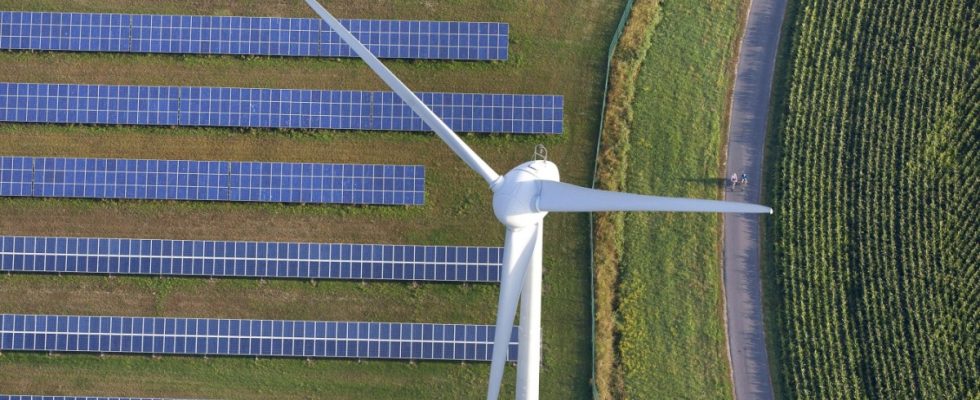According to a survey, many investors in Germany are still lost in the thicket of supposedly “green” investments. According to a survey by the market research institute Kantar for the Federal Association of German Banks (BdB), just under half (49 percent) of the 1,300 adults surveyed can relate to the term “sustainable investment”. In the survey the year before it was 50 percent.
“Above all, gaps in knowledge and a lack of information prevent many investors from making sustainable investments. Unfortunately, the level of knowledge about what that actually is is also stagnating. However, the willingness to invest sustainably in the future is high,” said BdB Managing Director Heiner Herkenhoff, classifying the data , which were collected from 1,300 people as part of an online survey from August 22nd to September 4th. “Everyone involved should start here and lower the hurdles for customers – for example through less bureaucracy.”
Most respondents who know the term “sustainable investments” associate it with investments in environmentally friendly products and renewable energies. Of the 471 respondents who knew about sustainable investments but had not yet used them, the majority said they could imagine investing in this asset class “very well” (12 percent) or “somewhat yes” (43 percent) in the future.
Politicians want to promote sustainable investing
The EU Commission wants to channel more money into “green” investments in order to accelerate the climate-friendly restructuring of the economy. Bank advisors and insurance intermediaries now have to ask customers’ ideas about sustainability when providing investment advice. Investing should no longer just be about return opportunities and risk, but also about the environment, social issues and good corporate governance: the abbreviation ESG (English for: Environmental Social Governance) has become popular. “In 2023, over six million Germans will already be investing in sustainable investments. This means that the number has more than doubled since 2019,” summarized Herkenhoff. But there is still “clear room for improvement”. After an increase in previous years, the proportion of private owners of sustainable investments among survey participants fell from eleven percent in 2022 to ten percent in the current survey.

